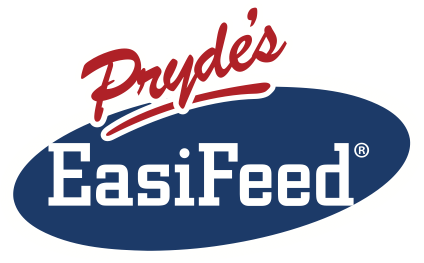Ultimately, prevention of gastric ulcers in horses is key.
Never EVER work a horse on an empty stomach. This will make sure a physical barrier is always present in the stomach to stop acid splashing up on the upper part of the stomach. Feeding hay 30 to 60 minutes prior to work will allow your horse to fill its stomach up. Lucerne hay is best.
Provide access to hay immediately after work. The saliva will buffer any acid that did splash where it shouldn't be! Again, Lucerne hay is best.
Feed LOTS of forage. Forage gives three major benefits.
1. It makes the horse chew and salivate. Saliva buffers the stomach and keeps the pH in the upper part of the stomach very close to neutral (pH7).
2. Forage provides the best physical barrier in the stomach to stop acid 'splashing around'.
3. Forage stays in the stomach and keeps it full for longer.
In horses who are 'repeat offenders', reduce the grain content of their diet. In serious cases, go 'grain free' (Pryde's EasiSport)
Provide as much 'turn-out' time as possible, preferably with a buddy.
Minimise periods of time off feed, i.e. always give access to hay when stabled or traveling.
Use 'slow-feeders' to increase the amount of time spent chewing and salivating when fed hay. Use muzzles for horses that nee restricted pasture access instead of locking them up for long periods of time.
Reduce stress. This will increase the amount of time horses will graze or eat hay. It also reduces physical pressure on the stomach and stops acid being squeezed up into the upper part of the stomach.
Provide constant access to water.
Mucosal protectant supplement may be useful when used strategically.
Use strategic administration of omeprazole during high risk periods e.g. during long haul travel. Discuss your options with your veterinarian.
